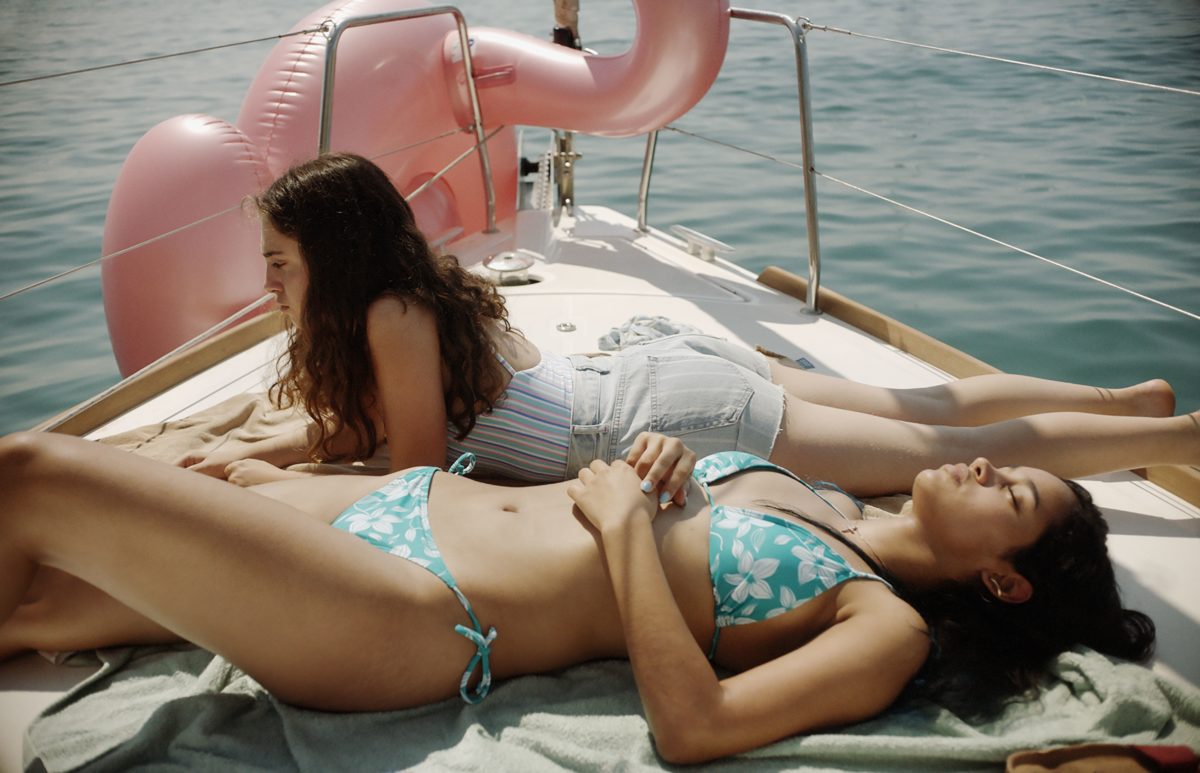How much is an individual prepared to sacrifice for the ultimate privilege in life—unconstrained freedom? Clara Roquet’s feature debut Libertad explores this question through multiple narrative lines, all told from a female perspective.
Weaving together an intense coming-of-age friendship story, modern family drama and social commentary about migration, class differences and the liberal elite’s hypocrisy, Roquet carefully outlines the responsibility each character decides (not) to wield when making decisions that affect the collective quality of life, regardless of the magnitude of their implications. Drawing inspiration from ordinary events, Libertad is easily relatable for viewers from different age groups and social strata. The naturalistic acting of its cast makes the movie even more approachable, especially during the scenes where the camera follows Nora, an introverted teenager, played by Maria Morra Colomer with an underrated subtlety and no puberty-induced melodrama. While the family matriarch’s struggle with Alzheimer’s serves as a (relatively underdeveloped) central thread in the plot, the movie spends more time on the archetypal relationships between three generations of its female dyads: mother and daughter, niece and grandmother, friends, employer and employee.
As the movie progresses, the characters try to gain (their definition of) freedom to live without any age restrictions, family rules and socio-economic factors. Unfortunately, much as the movie seems to lack a spark of energy to fully come alive, its characters end up almost at the same place the audience meets them in the opening scenes, despite all of the sacrifices made in the name of freedom.
